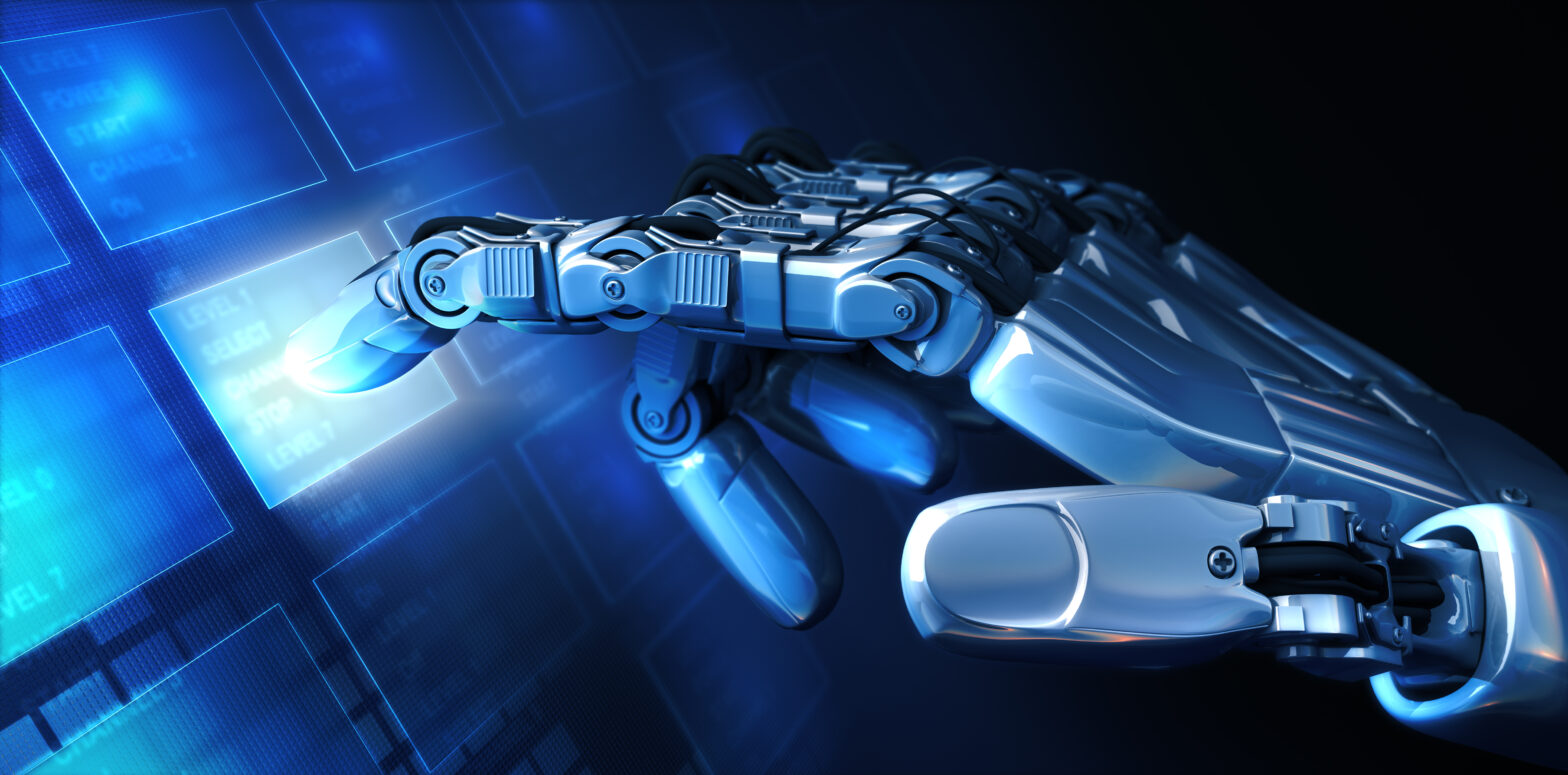As technology perforates every aspect of our professional and personal lives, it is clear that a robotic revolution is upon society. While robots have been used in industries such as manufacturing and automotive for years, today’s systems are ever-improving and, in some cases, are now exceeding human limitations.
For instance, Google’s artificial intelligence (AI), DeepMind AlphaGo, is beating the world’s number one player in tournaments of Go (an incredibly complex Chinese grid game). While this represents the higher end of robots’ current capabilities, there is a growing, but unfounded, fear that with the rate of development, it’s only a matter of time before all jobs are completed by machines.
>See also: Machines: a new breed of customer service agents
Losing jobs to technology is not simply a modern day worry. For example, the early days of the industrial revolution saw everyone believing that their jobs were at risk. In the 1930s, economist John Maynard Keynes coined the term ‘technological unemployment’, believing that the rise of technology would lead to a permanent decline in the number of jobs. In both cases, the impact was not quite as dramatic. Technology helped employees to do their jobs better, it didn’t necessarily replace them. It even created new positions.
It’s a similar story today. An accountant, for instance, is likely to use tools that automate certain aspects of their role. Data collection and report creation are both arduous time-consuming activities to complete manually, and the ever-growing deluge of information only increases the chances that something vital will be omitted. Automating the processes provides accountants with the data they need to analyse, enabling them to increase accuracy and productivity.
Many will argue that automated production lines are a testament to the fact that machines can do some jobs better, and businesses do indeed invest heavily in order to have work floors almost free of humans.
>See also: VR and machine predictions for 2017
But the belief that robots will take all jobs is wrong. Semi-skilled positions will bear the biggest brunt, while low- and high-skilled jobs (such as caretakers and data scientists respectively) will be impacted less, due to cost or the complexity of roles. In fact, the rise of machines will also help stimulate employment figures by creating new roles.
Despite having all the ‘bells and whistles’, robots can’t design and service themselves. Humans can try and create another robot to do the job, but then what happens if that one breaks down too?
The truth is, the cost of developing a machine to do such a role will always outweigh paying a few humans a salary; meaning the number of positions will increase in proportion to the number of robots. Furthermore, as machines become even more intelligent there are simply more things that can go wrong, exacerbating the need for skilled workers.
Some humans will be working for or following orders from robots. In warehouses and other logistics operations, for example, machines already tell humans what to do, including which items to select off shelves and where to process them. Robots can more quickly analyse orders and delegate the relevant responsibilities to ensure that they are fulfilled in almost real-time.
>See also: Emerging tech: how machines will help humanise business travel
While it may seem incredibly ‘overlord’, it’s worth noting that people all already work for machines in some capacity. Every time someone uses Facebook or Google, they are providing AI systems with data and they pay people back in services. People also take their driving directions from apps on their smartphones. So, just as an employee generates value for an employer, humans are all worth something to those machines.
There will also be humans who own the machines, a role that is not just going to be filled by the billionaires developing machines today. Today’s independent lorry-driver who can operate just one lorry today will, in just a few years, be able to invest in and operate several autonomous lorries.
Ultimately, while reports will continue to conclude that robots are coming for people’s jobs, it’s often forgotten just how intensively competitive humans are. Elon Musk argues that humans will have to become cyborgs to beat machines, but people compete with other people, they don’t compete with machines. Humans will always find a way to win, even if they adopt technology from machines in order to compete with each other. Even if some jobs are replaced by robots, those affected will simply re-skill themselves, and perhaps upgrade themselves, to find another profession.
Sourced by French Caldwell, chief evangelist, MetricStream
The UK’s largest conference for tech leadership, TechLeaders Summit, returns on 14 September with 40+ top execs signed up to speak about the challenges and opportunities surrounding the most disruptive innovations facing the enterprise today. Secure your place at this prestigious summit byregistering here







